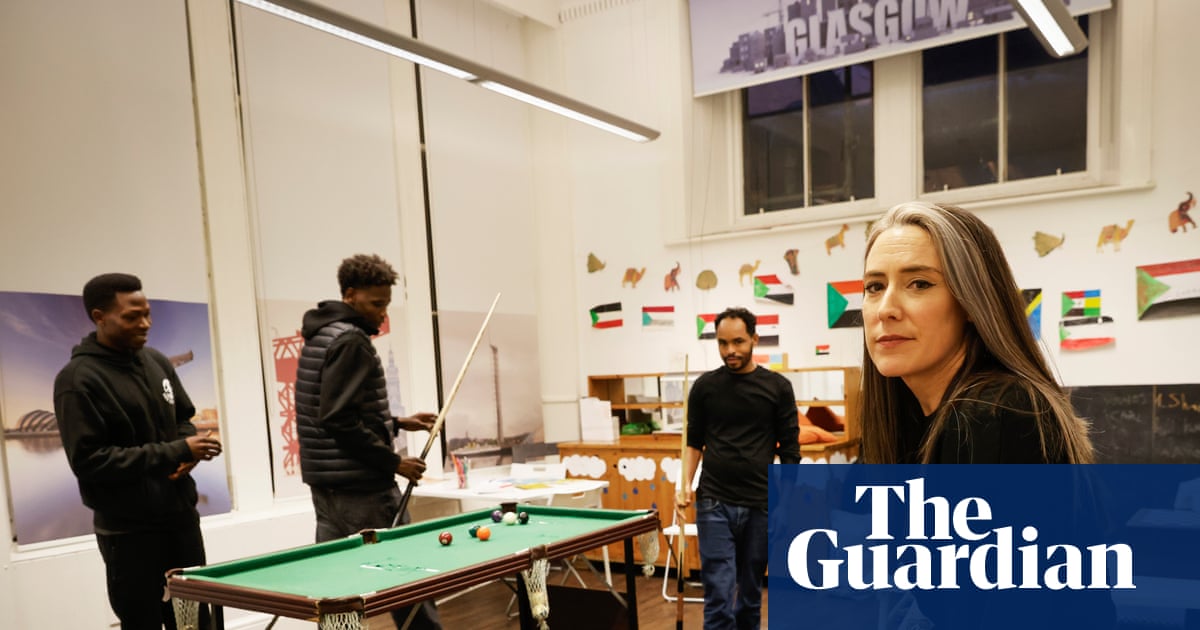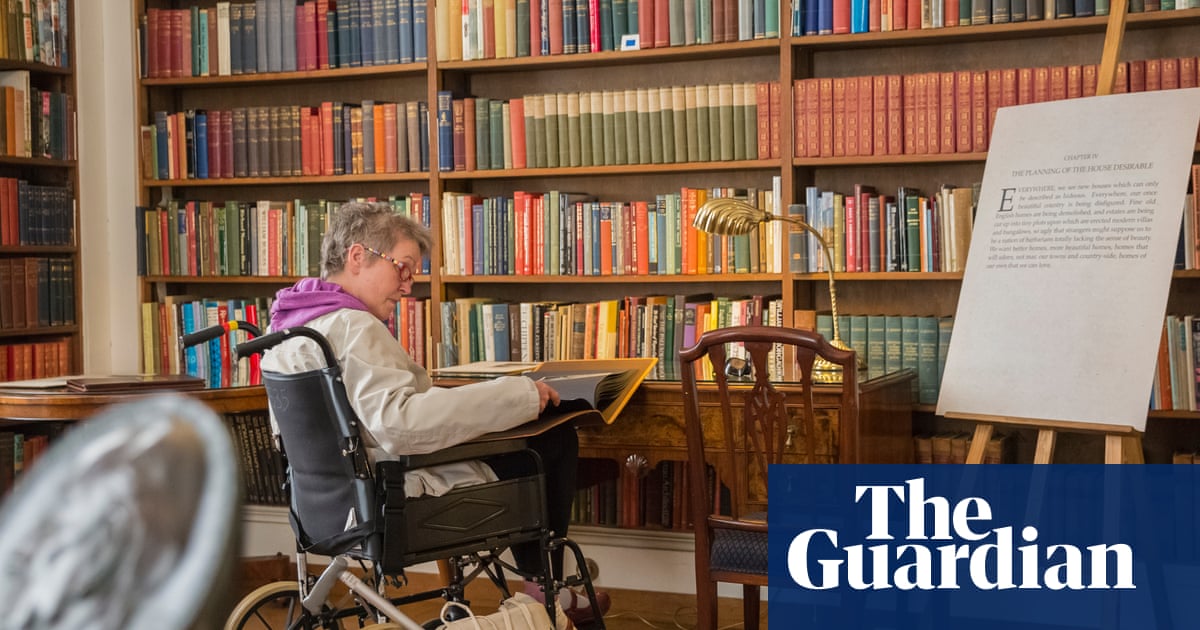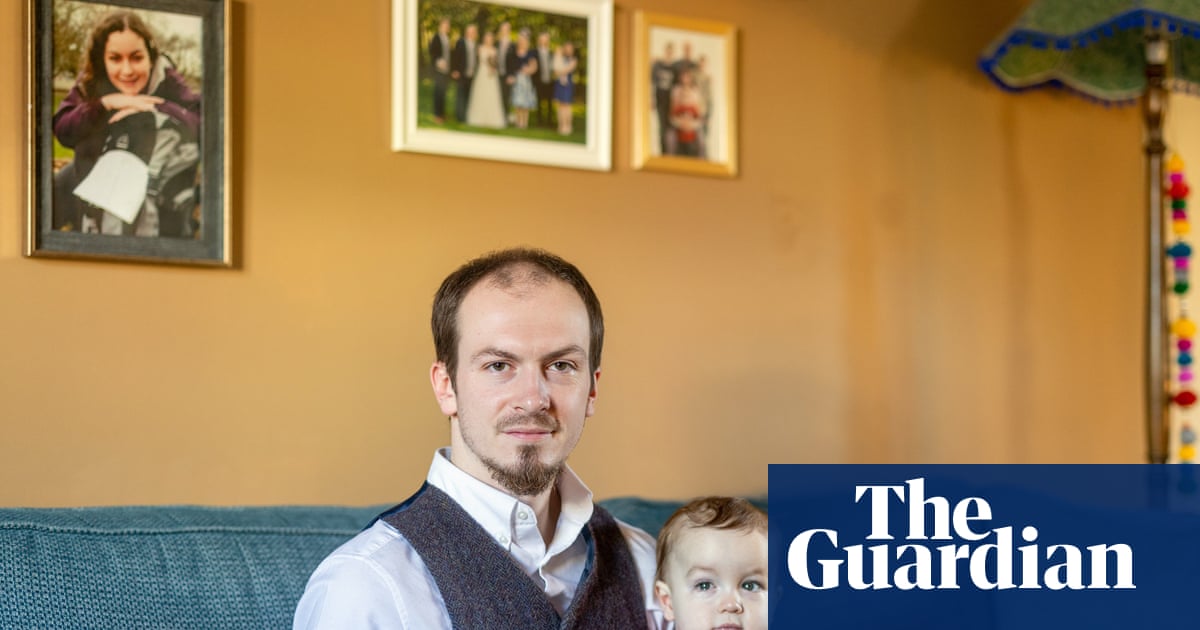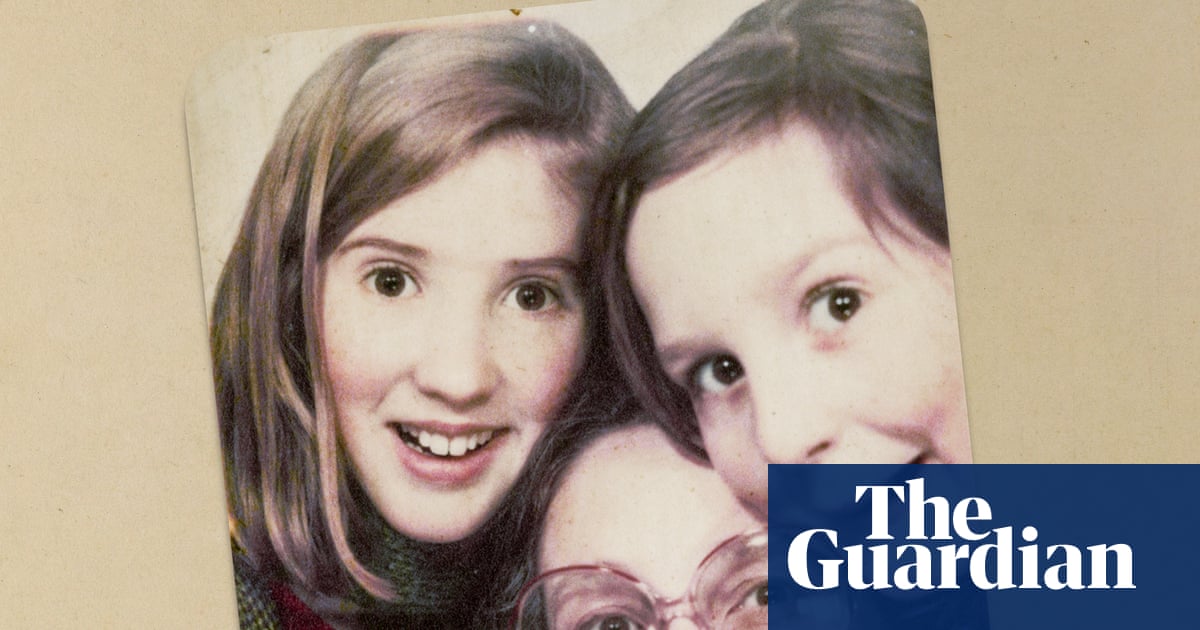“Why aren’t women having babies?” It’s the question on everyone’s lips as the fertility rate plummets to a record low in England, Scotland and Wales. A range of answers are always trotted out, from the entirely reasonable (childcare and housing costs; the motherhood career penalty) to the ludicrous (being so dim about our own fertility that we wake up one day realising we’ve left it too late). Yet perhaps it’s time we ask not only “why aren’t women having babies?”, but also “why aren’t men?”
Men are largely invisible in the birthrate debate. It’s ironic that amid all the pontificating and the policy ideas for encouraging more women to have babies – a conversation often being had by men – the other half of humanity is strikingly underexamined. Part of the problem is an absence of data: like many European countries, we don’t really have any on male fertility. Without data, we only have half the picture.
So what do we know? Well, we know what is driving the birthrate crisis is not really people having fewer children, but far fewer people becoming parents at all. As the demographer Stephen J Shaw recently wrote, childlessness is on the rise despite the fact that most people still say that they want children. He highlighted how unplanned childlessness – or involuntary infertility – could often be down to simply not being able to find the right partner. This makes sense in light of what is being termed a “relationship recession” or a “mating gap”. People are simply not coupling up like they used to.
The anxiety-inducing statistic Shaw cites is that a British woman who reached the age of 28 without children in 2023 had only a 50% chance of becoming a mother. What he doesn’t ask is this: if most women still want to have children, what is happening to suitable, willing male partners as people enter their late 20s and 30s?
Dr Joe Strong, a demographer and fellow at Queen Mary University of London, tells me that male-female couples tend to be closer in age than ever before, and that university-educated men are also postponing having children. “Evidence from among men and women in relationships shows that a major reason for delaying childbirth is waiting until both people are ready,” he says. “Decisions aren’t made in a vacuum; men’s postponement of childbirth is tied up with the huge economic and social obstacles that women face.”
This echoed feelings raised by the men I have spoken to. Of those who were in couples and wanted children (there were a few who simply didn’t), waiting until a female partner was ready, or had established her career, had been a major factor, as was getting on the property ladder. Of those who were single, it was about finding someone who you’re sure you want to do it with in a dating culture that doesn’t always feel conducive to that goal.
Tom, in his late thirties, wanted kids with his ex, whom he was with for several years, but she didn’t want children with him. Now that he’s single, he speaks not of a “biological clock” (although men do actually have one of those, too) but of a “psychological clock”. “You don’t have an infinite amount of time to get to know someone well enough to know really in your heart of hearts whether you want to spend the rest of your life raising a child [with them]”, he tells me.
Then there’s the economics of it. Tom is on universal credit after losing his job. “Is it even possible, logistically, financially to have a child any more? It doesn’t feel like it for me. It doesn’t feel like it’s ever going to be in the near future,” he says. He couldn’t afford the housing or childcare needed to raise a child in the city, and moving away would mean being isolated from the community of friends and family that everyone needs when they become a parent.
Strong notes that “increasing labour market precarity means it is harder for men to fulfil social expectations of being able to ‘provide’ for families.” It used to be far easier to launch yourself into the adult world: housing and living costs were more affordable, jobs were often plentiful. Having a child at, say, 25, when you’d been living independently since the age of 18, perhaps felt more normal than it does now, and certainly more doable when you didn’t need two incomes to sustain housing costs. If you’re still living with your parents, or in a shared house and suffering from crushing depression, having babies is unlikely to be on your mind, especially if you can barely afford to go out for a drink.
On top of economic circumstances, though, has been a fundamental shift in how we have come to see having a child. What used to be a “cornerstone” life event – something that you did as you entered adult life – is now a “capstone” one, meaning something you do when you’ve ticked off all those other life goals. Except ticking them off feels harder and harder.
“There is no one size fits all explanation for men’s fertility decisions,” Strong points out. “Decisions on whether and when to have children vary enormously across contexts and demographic groups.” This is a nuanced conversation that requires nuanced solutions. We need to know more about all the factors influencing male fertility and the birthrate, from modern dating culture and porn to housing, the male mental health crisis and cannabis use. If you’re in your 20s or 30s, you’ll probably be having these conversations with people all the time. I know that I am. It makes their absence from the discourse all the more striking.
-
Rhiannon Lucy Cosslett is a Guardian columnist

 3 months ago
78
3 months ago
78

















































